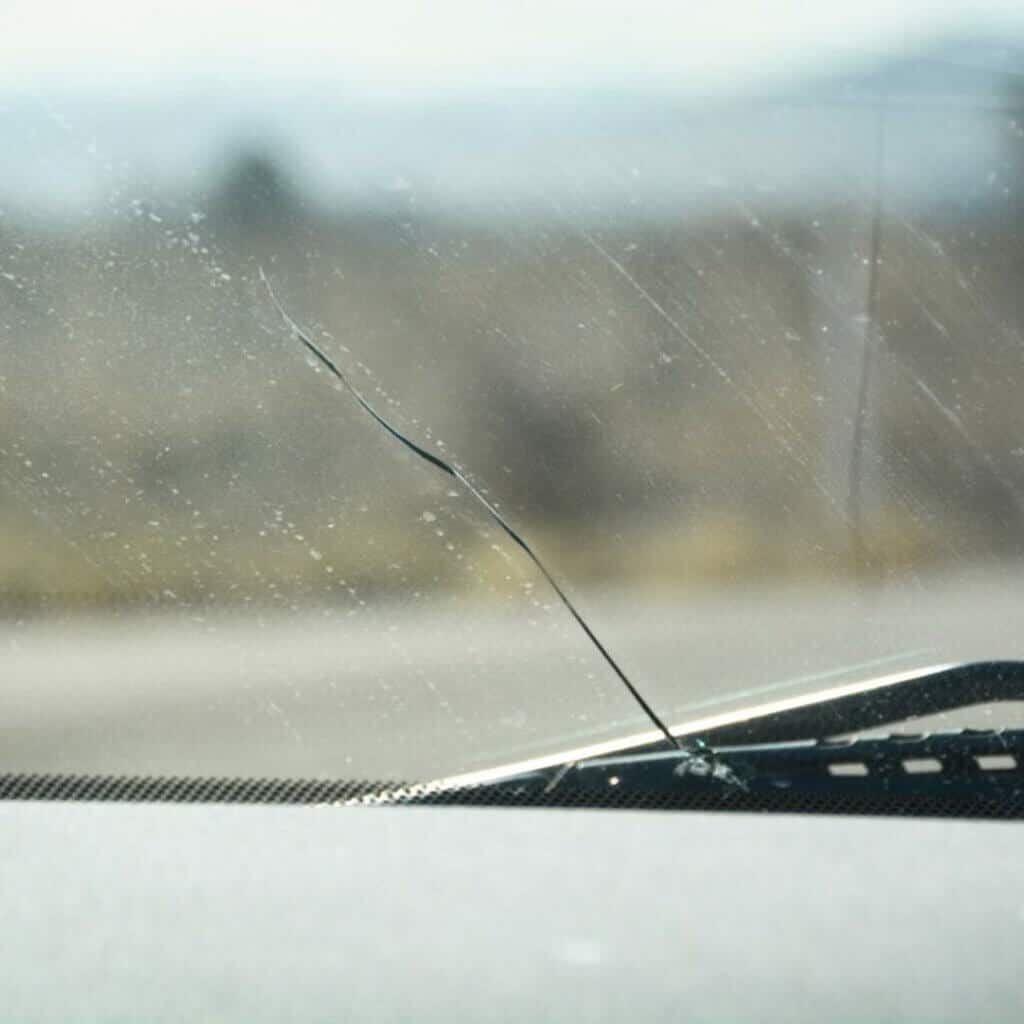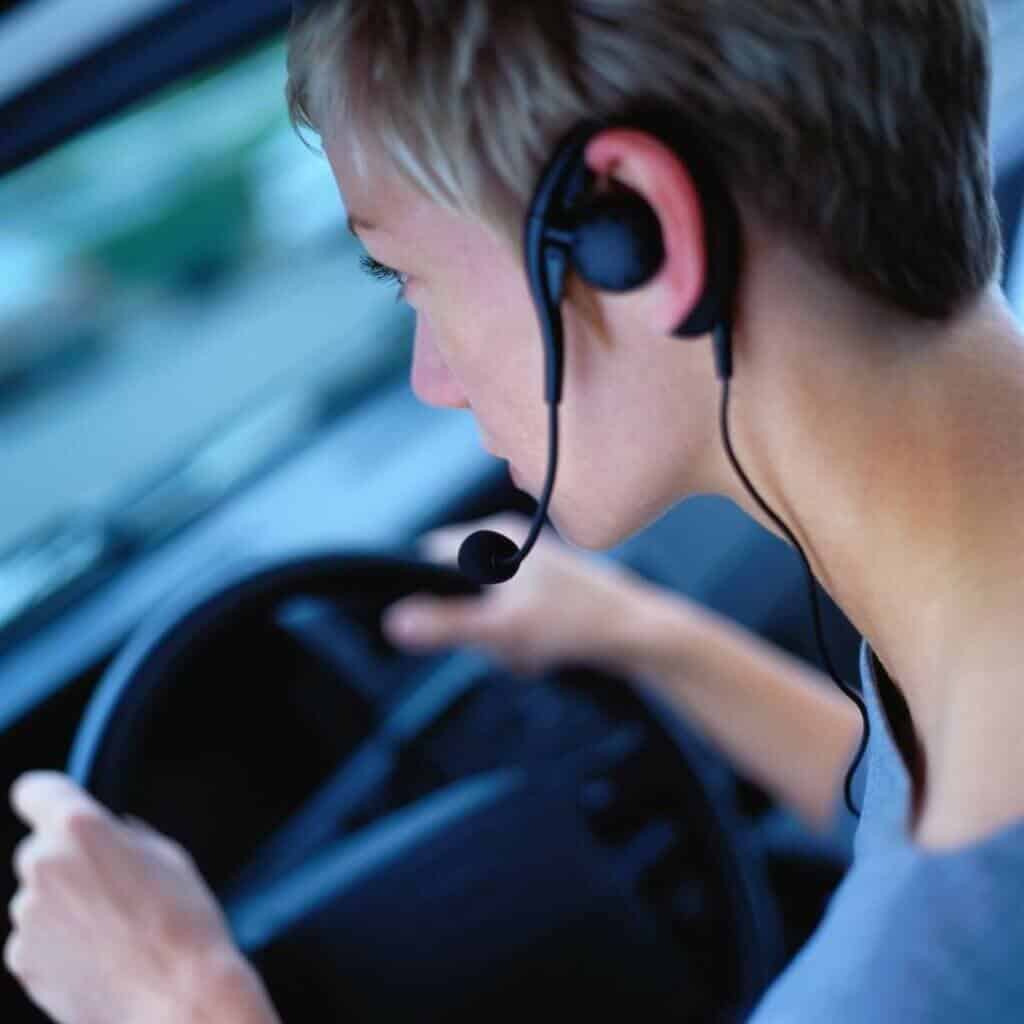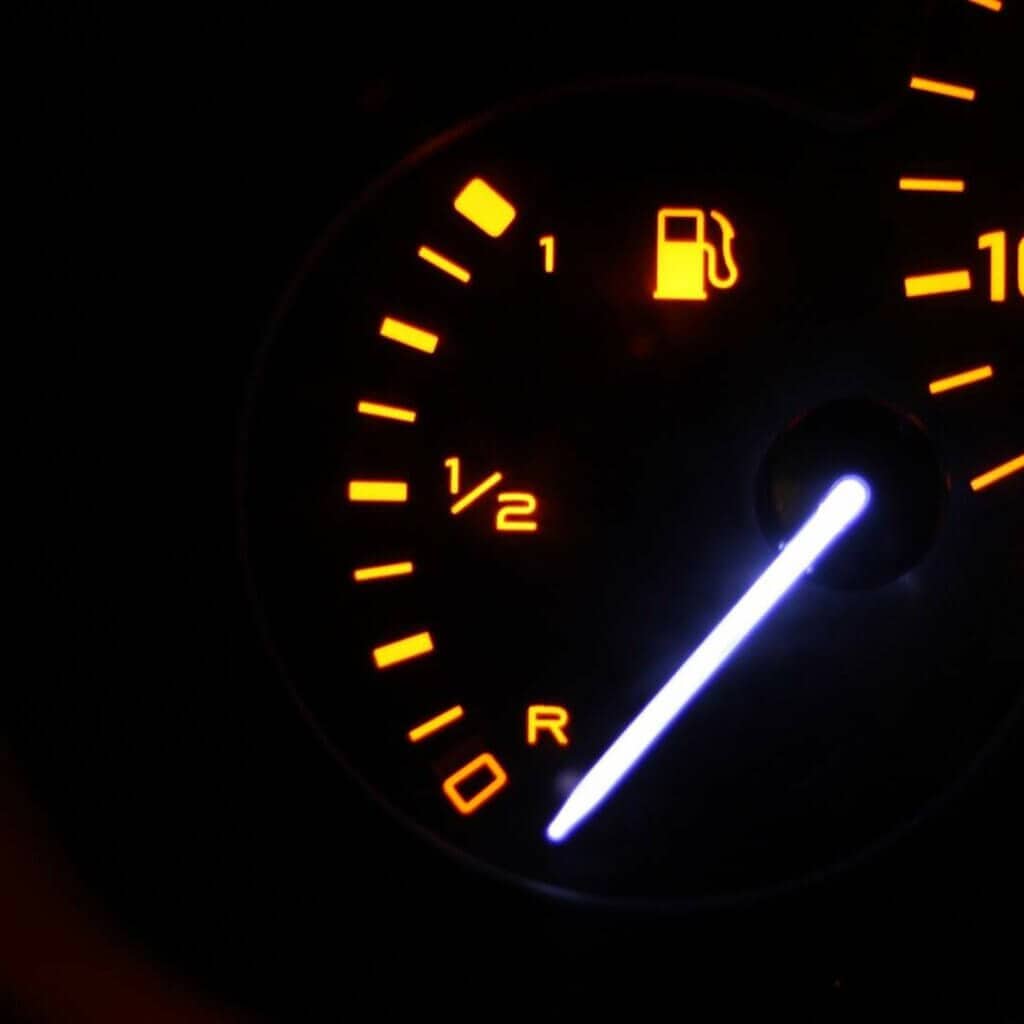Do you know how to stop brakes from squeaking without taking the tire off?
Your brakes won’t make that annoying squeaky noise if they are in good condition. So, if you’re constantly hearing squeaking brakes, something is wrong.
In most instances, squeaky brakes are a result of metal-on-metal contact. And the harder you press, the more friction is generated, and the squeaking becomes louder.
Fixing a squeaking brake only sometimes requires a professional. If your brakes are squeaking, you may need to either grease the brake pads or replace the brake rotors. You can do these without taking the tire off.
Brake squeaking occurs not only in old cars but in some new ones, so the squeaking noise only sometimes points to worn-out and old brakes.
To find how to stop brakes from squeaking without taking the tire off, we’ll need to know why the brakes squeak in the first place. This is so that we fix the problem directly instead of doing something else that either has no effect or even makes matters worse.
Causes of Squeaking Car Brakes
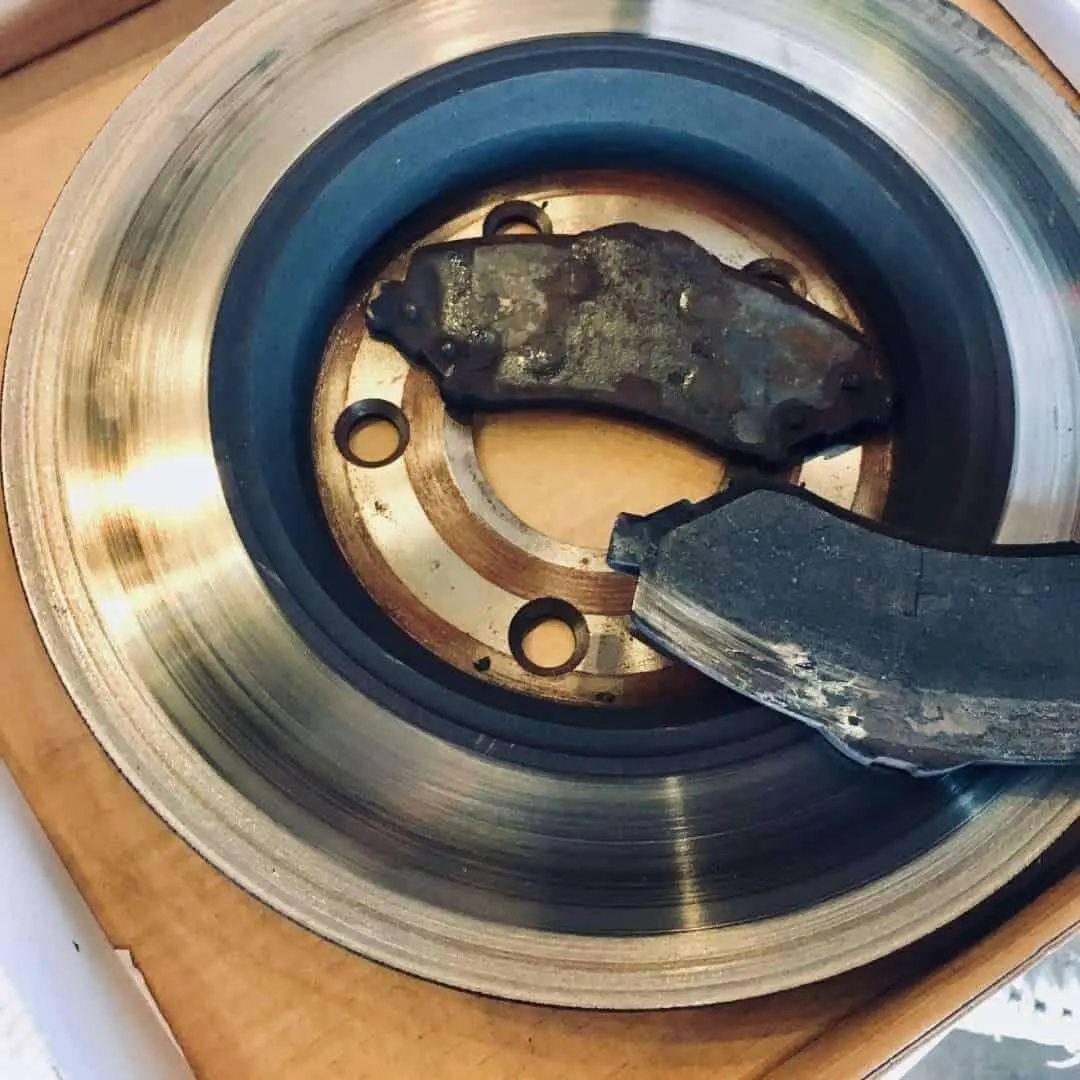
Identifying the source of the squeaking noise can help you understand how to fix your brakes without taking anything apart.
A few leading causes of brake troubles include metal wear, rough rotor surface, lack of lubrication, poor installation of brake parts, and the use of cheap brake parts.
So, if your brakes squeaks, one of these could be the culprit:
1. Worn Brake Pads
If you’re driving an old vehicle and the brakes make a squeaking noise, it could very well be that the brake pads are worn out. When your brakes are worn out, the metal pads within them make a squeaking noise to draw your attention to the brakes before the entire thing breaks down entirely.
This constant brake squeaking can sometimes shift into a scraping or a shrill sound. The simple solution is to replace the brake pads to stop any squeaking noise and prevent further damage to your vehicle’s rotors. [1]
2. Rusty Brake Rotor
Accumulated dust on the surface of the brake pads or rotors can also cause squeaking brakes. If dirt or debris is stuck to the brake pads or rotors, your brakes will squeak. Usually, a quick cleaner spray or sanding will solve this problem.
3. Moisture
Water can enter the brakes when your car has been exposed to rain or moisture. This will cause a thin layer of rust to form on the rotors causing a squeaking noise.
To prevent this, park your cars indoors or someplace where they will be protected from the outdoor elements. Then, spray silicone on your brakes to stop the squeaking noise without taking out the tires.
- Lack of lubrication on brake sliding components
- Uneven rotor surface
How To Stop Brakes From Squeaking Without Taking The Tire Off
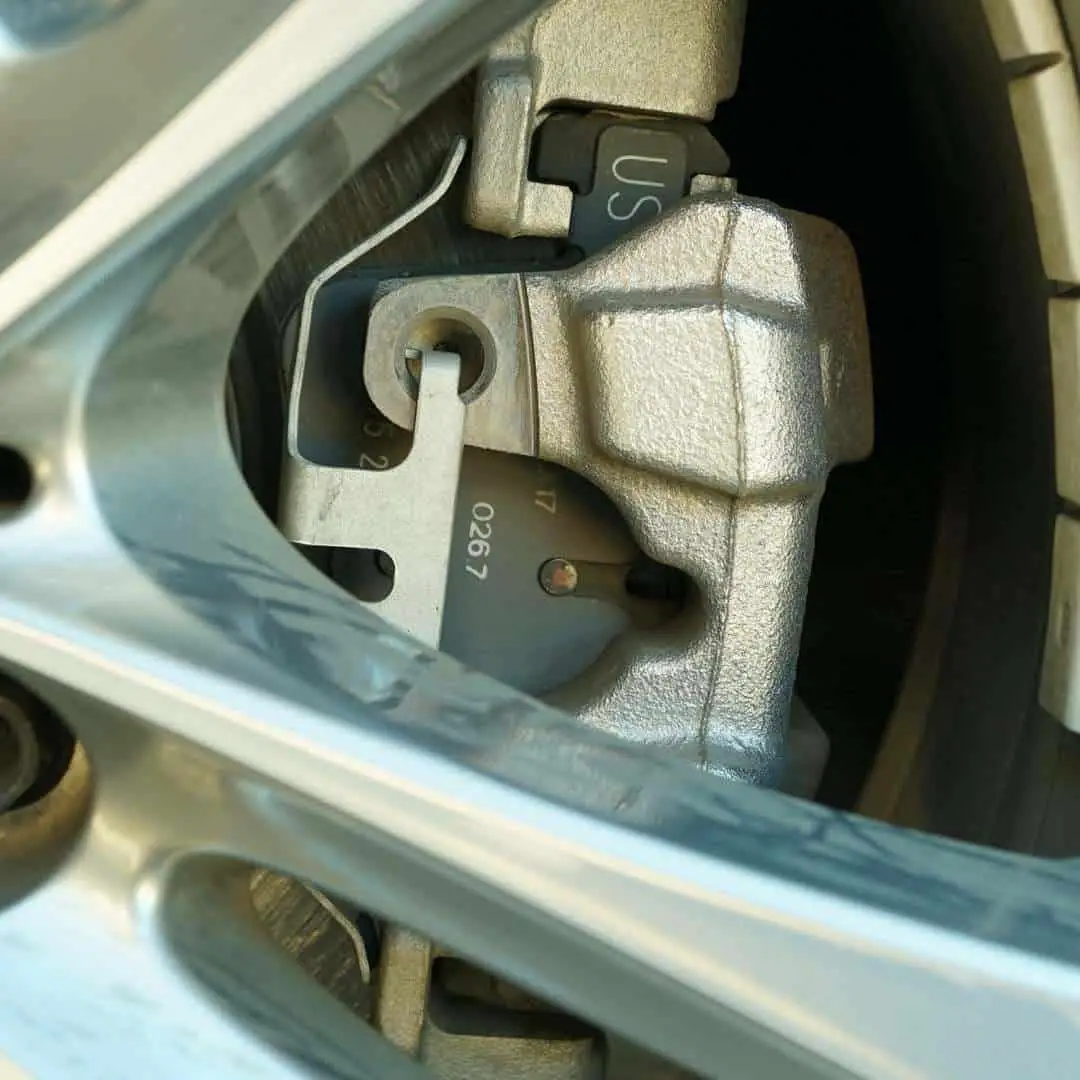
You can stop the brake squeaking without major changes, such as removing the tire. The brake system in your car has several components, and components like the rotor, brake pads, and caliper assembly can be removed from their assemblies without taking the wheel off. At this point, you should have identified the cause of the squeaking noise in your brakes. [2]
- Apply Grease To The Brake Pads
If your brake pads are new, then lubricating contact points can fix that squeaking noise. To do this, you’ll need to remove the brake pads from the calipers.
Grease both sides of the brake pad and caliper. This is how to grease brake pads without taking the tire off. Remember to clean the brake pad before oiling; if not, dust will stick to it and cause more squeaking.
Lubricate your brakes frequently to prevent or stop squeaking noise. It’s ideal for lubricating your brakes every 50-100 miles(about 100-160km), depending on your vehicle type.
- Clean Your Brake Pads
Dust accumulation in the brake shoes can cause squeaking noises. Getting rid of this accumulated dust can be done with a solution wash, abrasion, or both. Solutions like rim washers help soak and chemically peel off accumulated dirt on your pads.
Abrasion involves using sandpaper to scrub off the dirt layer sticking to the brake shoes and roughens the braking surface to help increase friction between the brakes and the rotors.
If it’s dirty or loose brake pads causing the issue, wipe off the dirt on them with a clean cloth and tighten bolts so that no friction builds between the pads and the tires. The outward area of your brakes needs cleaning as often as can be possible to keep your brakes in the best working conditions.
Whenever you notice that your brakes are dirty, you can also use a high-powered hose to spray the brakes. Car repair companies recommend deep cleaning your brakes- a complete cleaning that involves removing the wheels at least once a year.
- Refitting
This entails carefully examining every brake system component to identify loose or broken parts. Loosely fitting components can cause squeaking, and the squeaking, in this case, will often be less loud but characteristically more vibratory. The outer curve of the brake shoe fits onto holding metals via specialized mounts to ensure steadiness.
But, this fastening portion can be detached by the breakage or loosening of the holding component. This will result in a loose brake pad that will squeak when pressure is applied. Refitting the affected parts or adding anti-squeak shims will stop that squeaking noise.
- Install a Set Of Shims
Brake pad shims provide additional resistance against brake squeaking. Brake shims have a rubber coating that absorbs oscillations that cause brake squeaking.
Some vehicles already have shims fitted to the brakes to prevent squeaking. But if yours doesn’t have, install them to avoid and stop squeaking noises. [3]
- If your brakes have worn out, the only solution is to replace them as soon as possible. However, brake pad replacement should only be the last course of action if you are certain that you absolutely need new brake pads. If you are replacing your brake pads, the new pads must be examined and verified by professionals to ensure you are getting the most durable and compatible pad for your car.
- If your brakes squeak when you apply pressure on them while driving uphill, there is high friction between the brake pad and the rotor. Insert some cloth between them to stop the noise. Ensure to use only one piece of fabric so that additional dirt and debris don’t accumulate under it and cause more problems.
Where Do I Lube Brake Pads?
Lubricating brakes is about more than slathering grease on any available surface. Special lubricants are required because brakes get very hot with even moderate use.
An ordinary lubricant won’t be able to take the heat and will melt all over the other parts of the brake system. This will cause the system to become slippery and slippery brakes won’t work. [4]
Also, petroleum-based lubricants will deteriorate the rubber and plastic seals in the brake system. You can use a brake squeal spray specially designed to prevent and eliminate squealing noises between the brake caliper pistons, contact points, and the brake lining. Here are some helpful hints that will go a long way
- Don’t apply lube on the friction face of the brake pad or the rotor
- Don’t apply lube on the inside of any drum housing
- Dry lubricants should always be used except in the case of rubber components.
- Use a very small amount of lube where the brake pad touches the caliper and/or pins.
Can WD40 Stop The Brake From Squeaking?
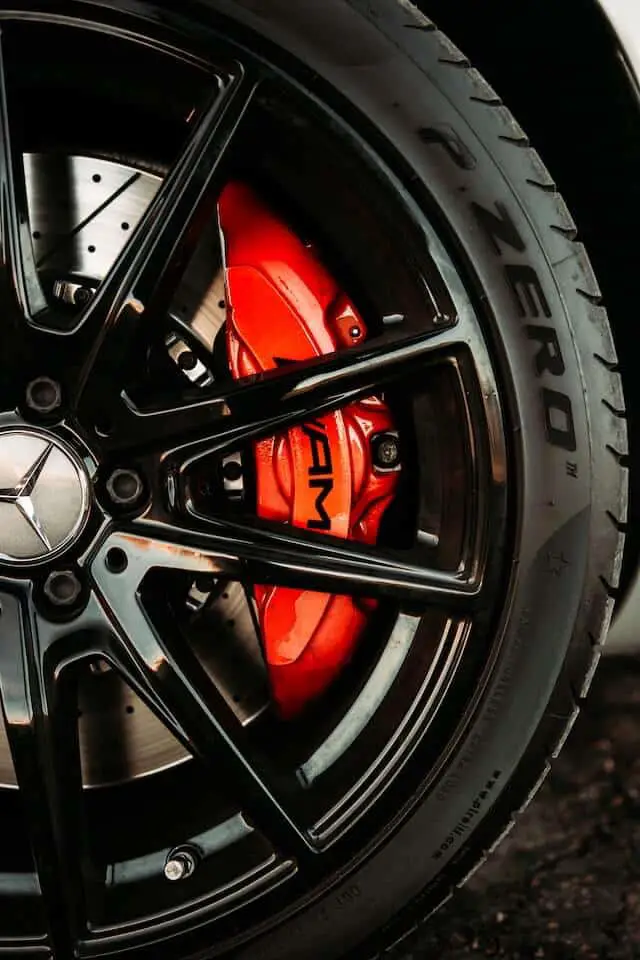
WD40 can temporarily eliminate squeaking sounds in brakes. But you shouldn’t put this product on brakes because it can reduce the accuracy of brake operation. In addition, this spray can mess with friction and also cause severe damage to the components of the system.
Read Also: Steering Assist Is Reduced Drive With Care
Will Brake Fluid Stop Brake Squeaking?
Yes, it can. But this will only work if the brake squeaking is caused by old or diluted brake fluid.
Brake fluid is a hydraulic fluid that transfers the pressure applied on brake pedals to each wheel. Low or poorly performing brake fluid can cause squeaking noises and even accidents.
Therefore, the old brake fluid should be removed completely and replaced with a new one.
Read Also: How To Pass Practical Driving Test First Time
Bottom Line
The first approach to brake squeaking should not be to take the tires off; rather, this should be the last option if everything else fails. If you see that your brakes squeak, it could result from accumulated dust, worn-out brake pads, lack of lubrication, and so on.
These guidelines above should not replace going to a mechanic if your brake squeaking issues prove to be more than you can handle.
Similar noises may occur sometimes and you should be aware of it.


